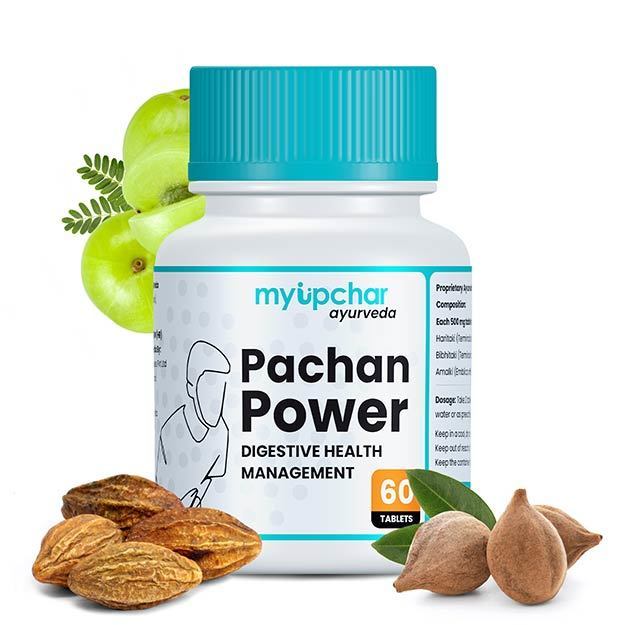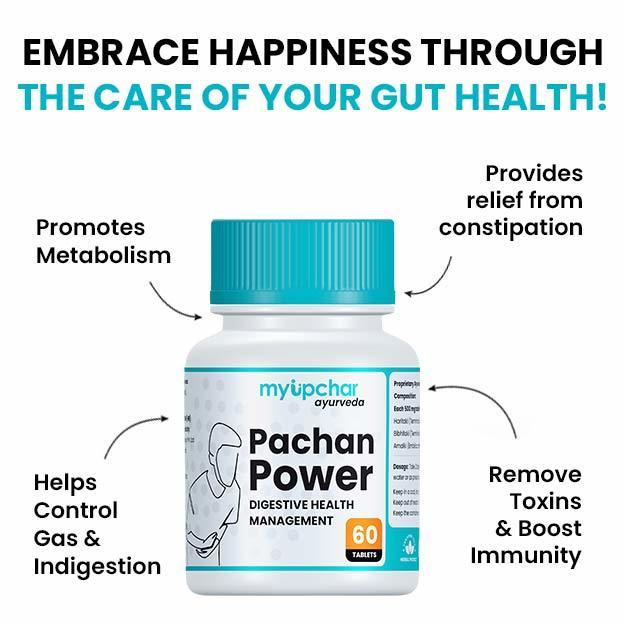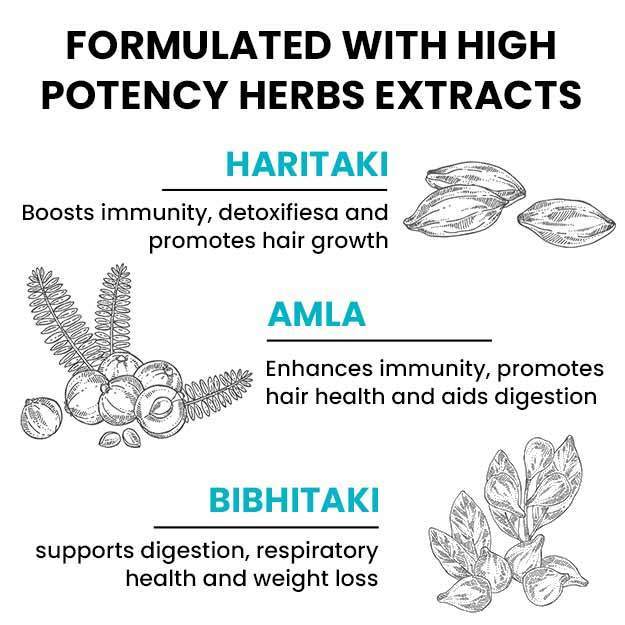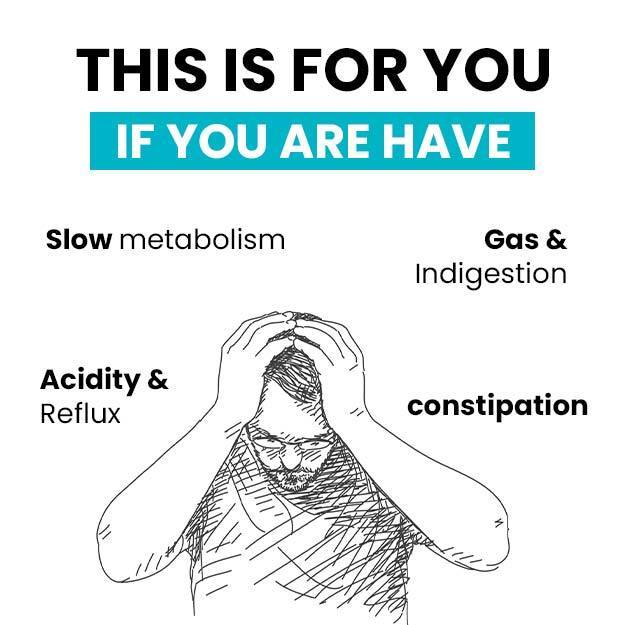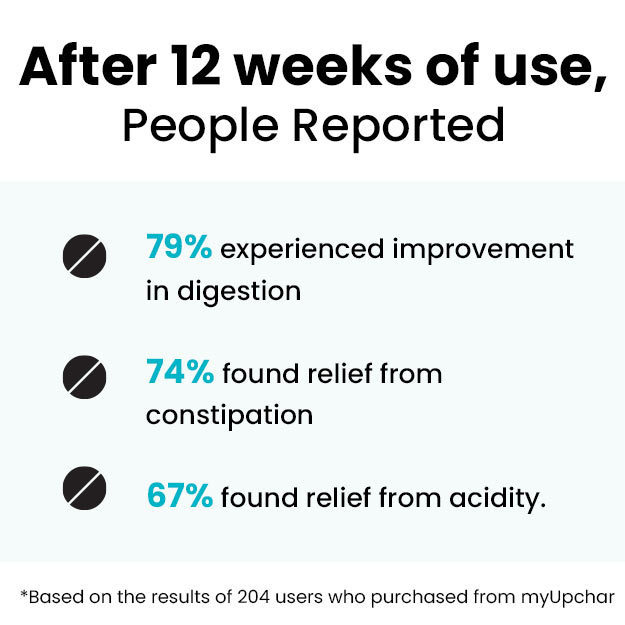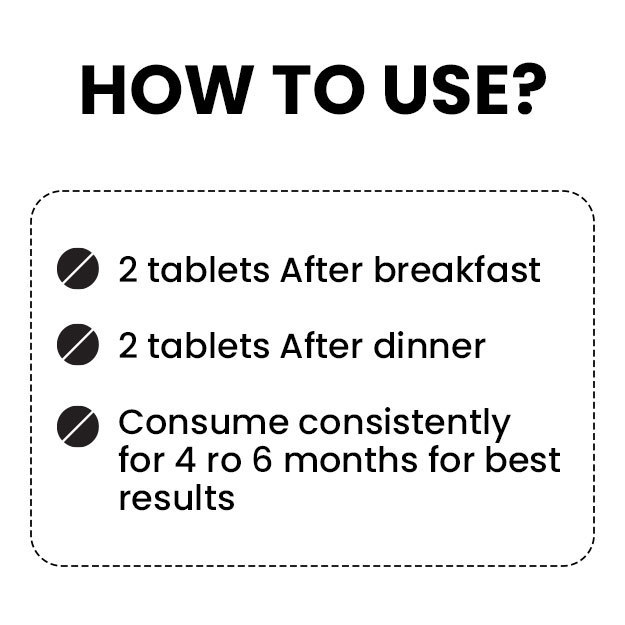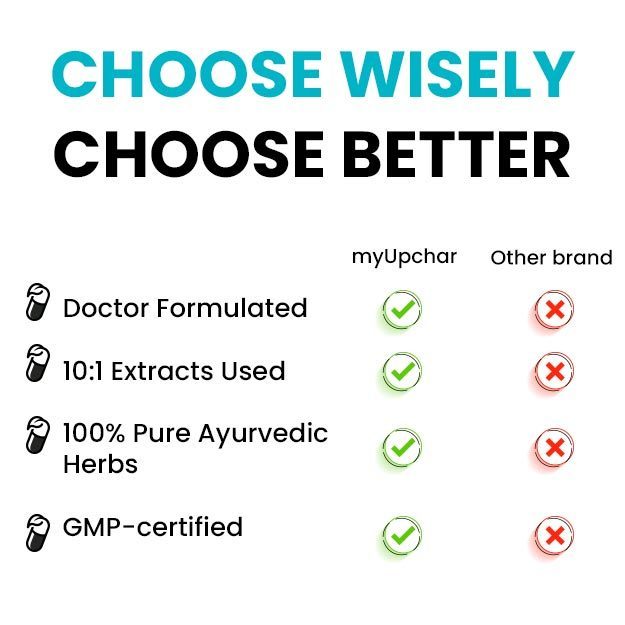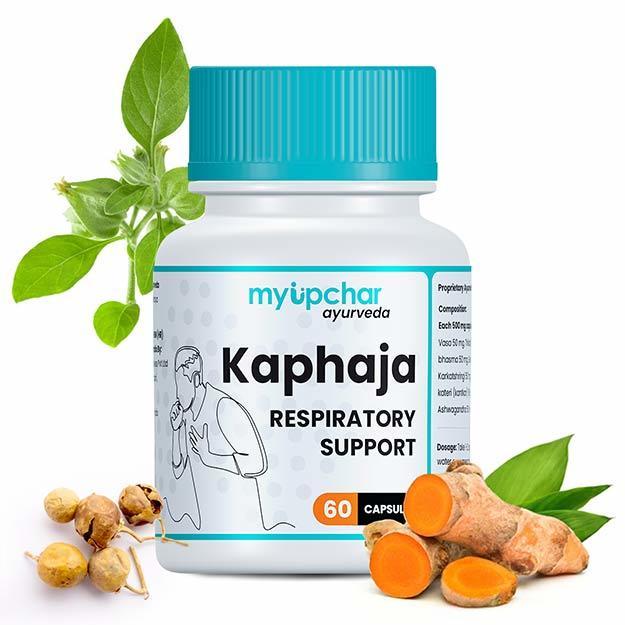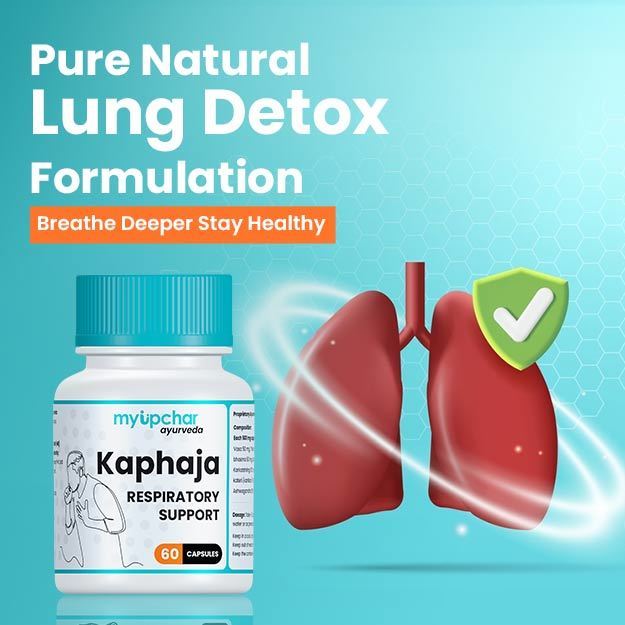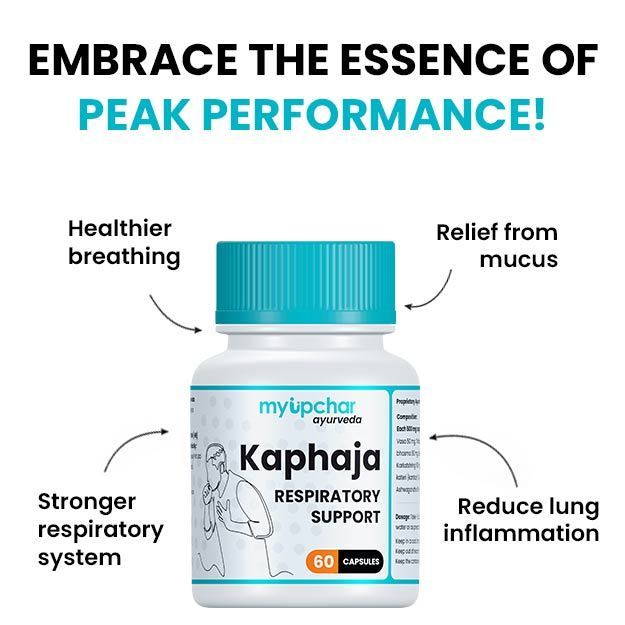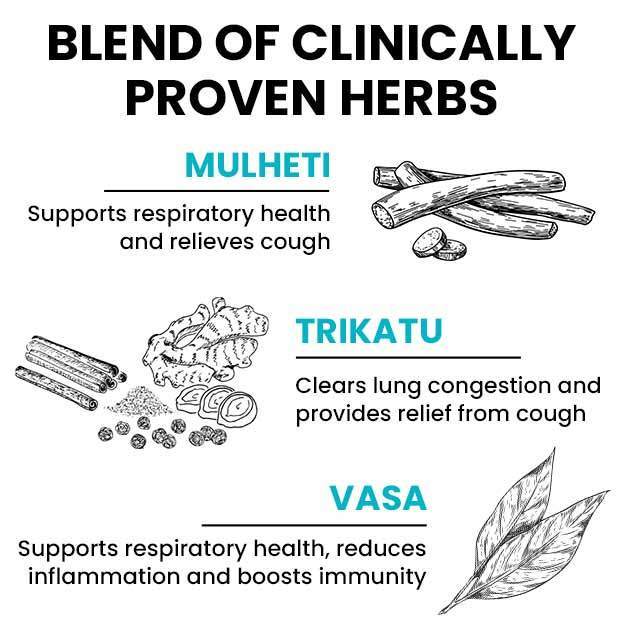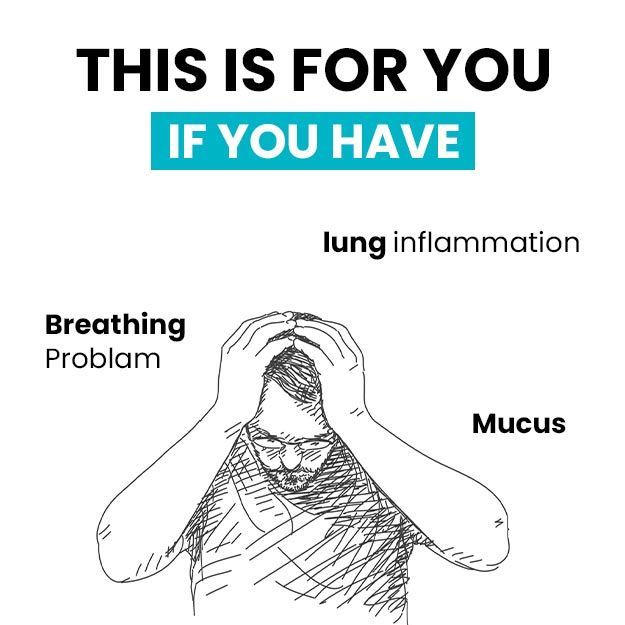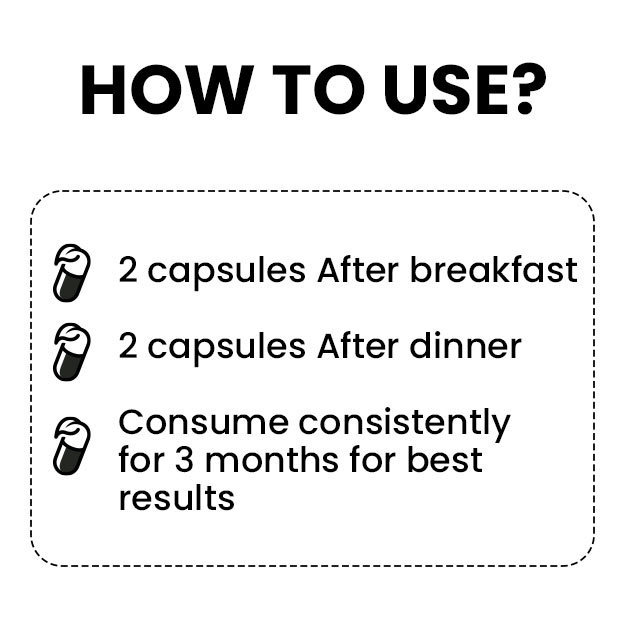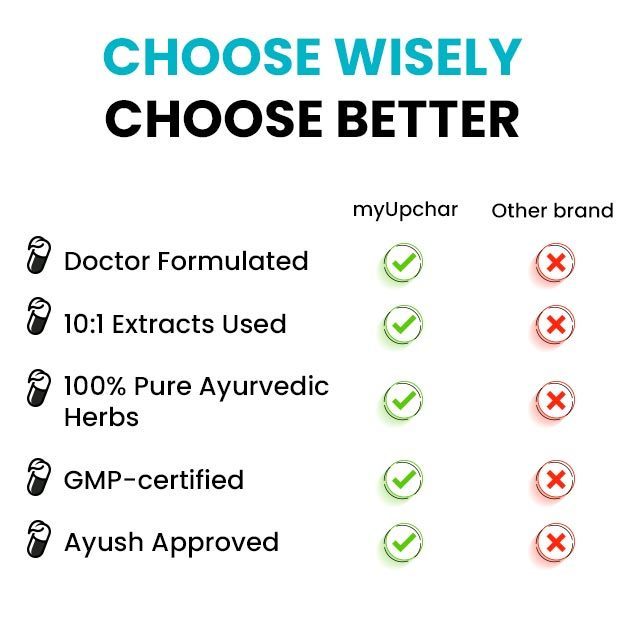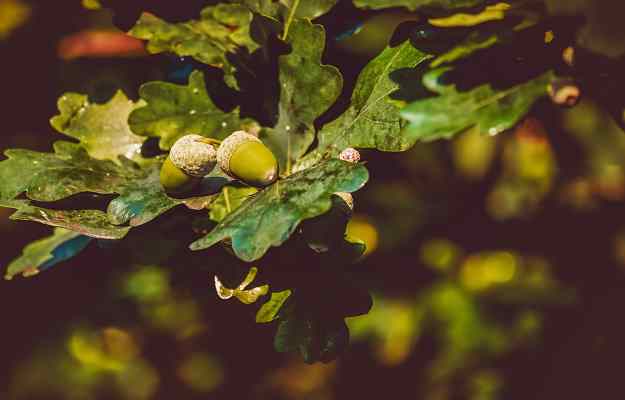Eating paan is a very popular hobby in India. This habit is mainly followed in the states of eastern India like Uttar Pradesh, Bihar, Assam, West Bengal, Odisha. It is also popular in Andhra Pradesh, Tamil Nadu, Karnataka and Maharashtra. In other words, eating paan is popular in almost all parts of the country.
Catechu is also an essential ingredient among the ingredients used to apply paan. In our country, people often use paan after meals in parties, marriages. Catechu has been produced in the country for a long time and it is a product consumed on a large scale.
When you see a paan seller applying paan, often this question must have come to your mind: how is this red powder made, why is it applied on the betel leaf and what are its benefits. All these questions of yours are answered in this article, along with this you will also get to know some things related to catechu about which you will not have any information.
(Read more - Chitrak Herb Benefits)
What Is Kattha?
Catechu is extracted from the wood of the Khair tree. Khair tree is called Katechu or Katch tree in English. It is a medium deciduous tree widely grown in the forests of Bihar, Rajasthan, Gujarat, Himachal Pradesh and Nepal. Various varieties of this tree are found. Acacia is also a tree of this family.
The twigs, bark and wood of the Khair tree are also used for medicinal purposes. There are two types of catechu - red catechu and white catechu. Red catechu is used in paan while white catechu is used as a medicine. Catechu is used in Ayurvedic medicines like Khadirarishta.
The strong wood inside the stem of Khair is cut and processed to produce catechu which is used in paan.
Catechu making is an important forest-based manufacturing industry. The residual product left during the process of making catechu, called cutch, is used as an additive and preservative in the tanning industry and many industries.
(Read more - Herbal Wisdom: Exploring the Benefits of Kalmegh)
How Is Katha Made?
How is Katha made? This question must have come to your mind many times when you have stood at a paan shop and seen the paan seller preparing paan. Let us tell you what is the method of making Katha. First of all, the trunk of a large Khair tree is cut and the strong wood inside it is cut into chips.
To boil the chopped wood, about 8-9 kg of wood is placed in a wire cage and put in water so that it can be protected from direct contact with the hot surface of the extractor. Wooden cages with about 25-27 liters of water are placed in these extractors. Extraction is done by boiling chips with water for about three hours.
The product from each extractor is filtered with the help of a muslin cloth and then mixed together and poured into an open pan over fire. It is then kept in the shade for about two days for crystallization of catechu.
After complete crystallization the curd-like substance is passed through a frame and plate type of filter and then washed with cold water to improve the quality of this catechu. It is then placed on different wooden frames with canvas cloth to remove the residue of khadir (katcha).
Finally the catechu is cut into uniform pieces with the help of wire cutters or knives and dried in shade. The residue after removing the catechu is again put in an open pan on fire and kept till it becomes sticky. Then it is placed in wooden frames for drying. This dried material is called kachcha.
About 100 kg of chips cut from the wood of Khair tree yields 5 kg of catechu and 14 kg of kachcha, however, this yield depends on the quality of the chips.
(Read more - Gorakhmundi for Health and Wellness)
Use Of Kattha
Kattha is an important product used to apply on the betel leaf while making paan, it gives a red color when chewed. With the advent of ready-made paan (i.e., products like pan-masala) and gutkha (pan-masala with tobacco) and its increasing popularity among the people, the use of kattha has increased manifold.
Kattha is used as an astringent and cooling and also for digestion. In Ayurvedic and Unani (ancient) systems of medicines, kattha is used. Kattha provides relief in throat, mouth and gum problems and is also useful in cough and diarrhea.
It is applied on the skin to treat skin ulcers, boils and pimples. Catechu is not only used as a remedy for body pain but is also used in medicines made for other diseases.
(Read more - Kayfal Benefits and Side Effects)
Benefits Of Kattha
It is believed that the catechu tree contains chemicals that can reduce inflammation and kill bacteria. Although there is no authentic modern research available on this, it has been used as a medicine in Ayurveda. Following are some of the medicinal benefits of catechu -
- It has antifungal properties that prevent fungal infections.
- It is also known to treat various skin disorders such as infections, allergies and pigmentation.
- It can also act as a natural birth control agent.
- It is also effective in treating dental problems. It is used as an ingredient in mouthwash.
- Diarrhea can be treated by mixing it with honey. It keeps the digestive system cool.
- It also works to purify the blood.
(Read more - Benefits of Kachur)
Disadvantages Of Kattha
There is no information available on any harmful effects of using kattha in general due to lack of scientific research. Therefore, it should be used in a limited quantity. Excessive amounts of kattha can cause stones. Red kattha is commonly used in paan, it is not used as a medicine. Use only white kattha as a medicine. Consult an Ayurvedic doctor before using any medicine.
(Read more - The Healing Powers of Rosemary)
Summary
Kattha is mainly made from the wood of the Khair (Acacia catechu) tree. It is boiled, filtered and then prepared in solid form. Kattha is mainly used to add flavor and color to paan, but it is also important in Ayurveda. Its health benefits include prevention of oral diseases, improving digestion, aiding in wound healing and antibacterial properties. However, consuming it in excess can lead to tooth stains, acidity and in some cases, negative health effects. Hence, it should be used in balanced quantities only.
Medicines / Products that contain Black Catechu (Khadira)
- Myupchar Ayurveda Nimbadi Churna Tablet - ₹399
- Baidyanath Irimedadi Tel - ₹113
- Baidyanath Khadiradi Bati - ₹80
- Kerala Ayurveda Narasimha Rasayanam - ₹260
- Kerala Ayurveda Iogen - ₹180
- Planet Ayurveda Gum Care Tooth Powder - ₹380
- Zandu Khadiradi Gutika Tablet - ₹112
- Vedobi Bestone Anti Itching Capsules, Itching And Skin Problems, 100 Gm - ₹999
- Anju Chhala Go Gel - ₹30
- Baidyanath Nagpur Madhumehari Granules 200gm - ₹255
- Baidyanath Nagpur Madhumehari Granules 100gm - ₹148
- Planet Ayurveda Khadir Churna - ₹500
- Baidyanath Surakta Syrup 100ml - ₹97
- Kerala Ayurveda Prostact - ₹580
- Sewa Susmit Dantmanjan Powder - ₹70
- Baidyanath Surakta Syrup 200ml - ₹97
- Sitaram Ayurveda Arimedadi Thailam 200ml Pack Of 3 - ₹690
- Baidyanath Madhumehari Granules 100gm - ₹189
- Baidyanath Madhumehari Granules 100gm - ₹189
- Gumtone Gel 50gm - ₹77
- Vaidyamrit Hemiklean Syrup 200ml - ₹150
- Jaffman Ayurvedic Lotion 100gm - ₹200
- Sitaram Ayurveda Helmolite A Liquid 200ml - ₹130
- Sitaram Ayurveda Narasimham Shampoo 100ml Pack of 2 - ₹200
- Arya Vaidya Sala Kottakkal Khadirarishtam - ₹110
- Charak Posex Forte Capsules - ₹95
- Dabur Lavangadi Vati - ₹51
- Patanjali Divya Kayakalp Vati Extra Power (1) - ₹56
- Patanjali Divya Kayakalp Vati Extra Power (1) - ₹150
- Bactimo-Psor Capsules - Ayurvedic Solution for Psoriasis (100) - ₹600
- Nagarjuna Khadir Ghritam - ₹210
- Charak Gum Tone Powder - ₹65
- Patanjali Divya Khadiradi Vati - ₹45
- Vigini Natural Actives Sexual Lubricant Gel - ₹299
- Charak Urtiplex Capsule - ₹149
- Elzac Herbals Elz Pure Syrup - ₹118
- Chandigarh Ayurved Centre Blood Purifier Syrup - ₹144
- Elzac Herbals MSK Pure Tablet - ₹175
- Elzac Herbals Neem Plus Tablets - ₹232
- Gum Tone Gel - ₹49
- Charak Pilief Tablet - ₹99
- Maha Herbals Throat Infection Peace Tablet - ₹153
- Nagarjuna Naarasimha Rasayanam - ₹260
- Vaidyaratnam Narasimharasayanam - ₹190
- Vyas Shvitrina Tablet - ₹230
- Dhootapapeshwar Khadiradi Gutika - ₹71
- Dabur Active Blood Purifier Syrup 200ml - ₹90
- Dabur Khadiradi Gutika - ₹127
- Kerala Ayurveda Khadirarishtam - ₹135
- Vaidyaratnam Khadirarishtam - ₹120




